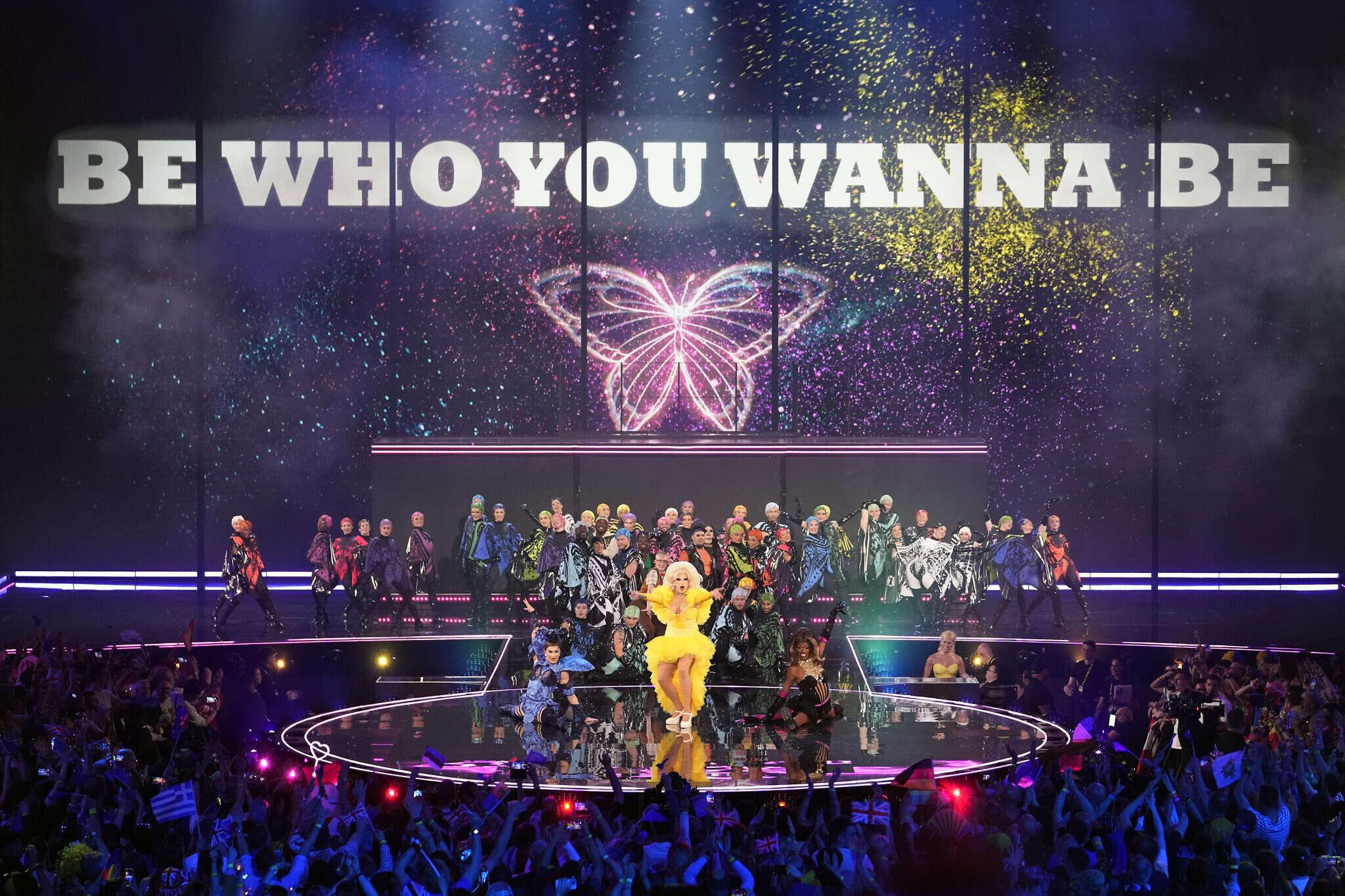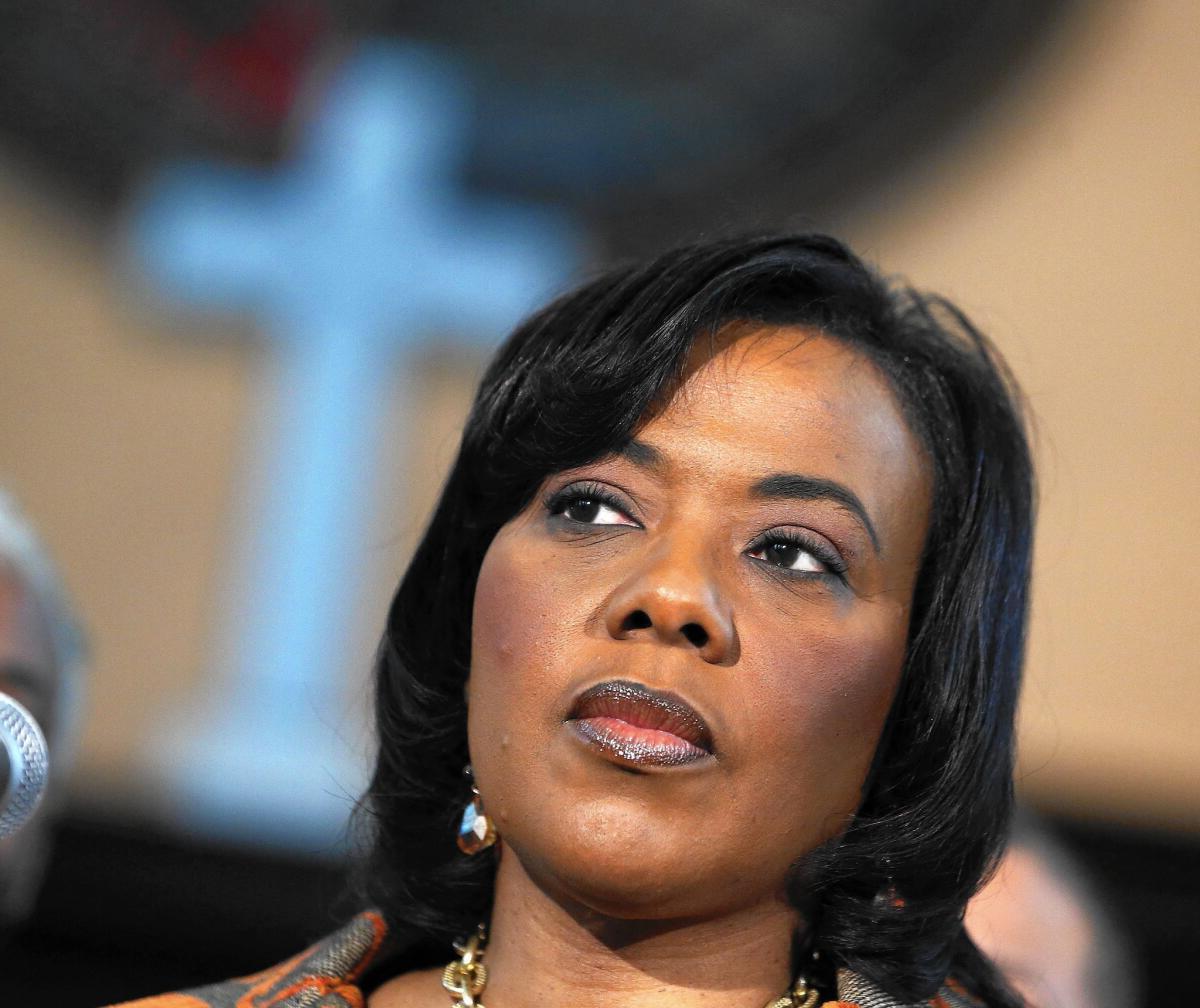
The Eurovision Song Contest is one of the most iconic and beloved annual events in the world of music. With a history spanning nearly seven decades, it has become a platform for countries across Europe (and beyond) to showcase their musical talents and compete for the coveted title of Eurovision champion. Held every year, this global phenomenon brings together incredibly diverse cultures, languages, and musical genres, creating a celebration like no other.
In this article, we will delve into 19 fascinating facts about the Eurovision Song Contest. From memorable performances to controversial moments, unexpected winners to record-breaking stats, this list will provide you with a deeper insight into the glamour, excitement, and occasional madness that characterizes this extraordinary event. So, let’s dive in and explore the captivating world of Eurovision!
Key Takeaways:
- Eurovision Song Contest has been captivating audiences for over six decades, launching the careers of famous artists like ABBA and Celine Dion, and promoting cultural exchange and unity through the power of music.
- With over 200 million viewers tuning in each year, Eurovision is known for its extravagant performances, unique voting system, and strong LGBTQ+ following, making it a global celebration of diversity and inclusivity.
Eurovision Song Contest is one of the longest-running television shows in the world.
The Eurovision Song Contest, which started in 1956, has been captivating audiences for over six decades, making it one of the most enduring television events in history.
The first Eurovision Song Contest had only seven participating countries.
Back in 1956, Belgium, France, Germany, Italy, Luxembourg, Netherlands, and Switzerland were the pioneer countries that took part in the inaugural Eurovision Song Contest.
ABBA gained international fame after winning Eurovision in 1974.
ABBA, the iconic Swedish pop group, achieved global recognition following their victory with the song “Waterloo” in the 1974 Eurovision Song Contest.
Eurovision has a rule called “The Big Five.”
The Big Five refers to the five largest financial contributors—France, Germany, Italy, Spain, and the United Kingdom—who automatically qualify for the Eurovision final each year, regardless of their semi-final performance.
Celine Dion won the Eurovision Song Contest in 1988.
Renowned Canadian singer Celine Dion participated and triumphed in the 1988 Eurovision Song Contest, representing Switzerland with the song “Ne partez pas sans moi.
Australia has been participating since 2015.
Although not an official European country, Australia has been included as a participant in the Eurovision Song Contest since 2015, adding an international flair to the competition.
The longest-running national selection competition is Melodifestivalen.
Sweden’s Melodifestivalen holds the record for being the longest-running national selection competition for Eurovision, attracting millions of viewers each year.
Ireland holds the record for most Eurovision wins.
Ireland has won the Eurovision Song Contest a record-breaking seven times, with their victories spanning from 1970 to 1996.
Eurovision has launched the careers of many recording artists.
The Eurovision Song Contest has served as a launchpad for numerous musicians, including past participants such as ABBA, Celine Dion, and Julio Iglesias, who went on to achieve global success.
Televised voting is a highlight of the Eurovision Grand Final.
One of the most anticipated moments of the Eurovision Song Contest is the televised voting, where each participating country reveals their points, creating suspense and excitement for the viewers.
The Eurovision stage has seen a variety of extravagant performances.
Eurovision is known for its over-the-top and extravagant stage performances, featuring everything from elaborate costumes to stunning light displays and innovative stage designs.
Eurovision generated its own meme, “Epic Sax Guy.”
Moldovan saxophonist Sergey Stepanov, also known as “Epic Sax Guy,” gained internet fame after his memorable saxophone solo during the Eurovision Song Contest in 2010.
Eurovision has a strong LGBTQ+ following.
The Eurovision Song Contest has long been embraced by the LGBTQ+ community, with its celebration of diversity, inclusivity, and acceptance resonating deeply with fans across the world.
The winning country hosts the Eurovision Song Contest the following year.
The winning country of the Eurovision Song Contest earns the honor of hosting the competition the following year, which includes organizing the event and building the stage for the performances.
Eurovision has inspired several spin-offs and tribute shows.
Eurovision’s popularity has sparked various spin-off competitions and tribute shows, such as “Eurovision: You Decide” in the UK and the “Eurovision Song Contest: The Story of Fire Saga” film on Netflix.
Eurovision has a unique voting system.
The Eurovision Song Contest employs a complex voting system, where each participating country awards two sets of points: one from a professional jury and another from the public televote.
Eurovision has its own fan club, OGAE.
Organisation Générale des Amateurs de l’Eurovision (OGAE) is the official fan club of the Eurovision Song Contest, bringing together passionate fans from around the world.
Over 200 million viewers tune in to watch the Eurovision Song Contest.
The Eurovision Song Contest boasts an incredible global viewership, with over 200 million people tuning in each year to witness the spectacle and cheer for their favorite entries.
The Eurovision Song Contest promotes cultural exchange and unity.
Since its inception, the Eurovision Song Contest has aimed to foster cultural exchange and unity, bringing people together through the power of music and celebrating diversity.
Conclusion
The Eurovision Song Contest is a cultural phenomenon that has captivated audiences around the world for nearly seven decades. With its unique blend of music, national pride, and friendly competition, Eurovision has become an annual tradition that unites countries and showcases the best in musical talent.
From its humble beginnings in 1956 to its global popularity today, Eurovision has evolved into one of the largest non-sporting events worldwide. The contest has launched the careers of many artists and has given us unforgettable performances and memorable moments.
Whether you’re a die-hard Eurovision fan or a casual viewer, there’s no denying the impact that this song contest has had on pop culture and the music industry. So gather your friends, get your scorecards ready, and enjoy the excitement and spectacle of Eurovision!
FAQs
1. When did Eurovision Song Contest start?
The Eurovision Song Contest first began in 1956.
2. How many countries participate in Eurovision?
Currently, there are over 40 countries that participate in the Eurovision Song Contest.
3. How is the winner of Eurovision determined?
The winner of Eurovision is determined through a combination of professional jury voting and public televoting from each participating country.
4. Where is Eurovision hosted each year?
Eurovision is hosted in the country that won the previous year’s contest. If the winning country declines to host, the responsibility is passed on to the country with the highest scoring entry that agrees to host.
5. Has any artist achieved multiple Eurovision wins?
Yes, there have been artists who have won the Eurovision Song Contest multiple times, including Ireland’s Johnny Logan and Sweden’s ABBA.
6. Are there any rules about the language used in Eurovision songs?
Until recently, there was a rule that songs had to be performed in one of the official languages of the country they represented. However, this rule was lifted in 1999, allowing for more diverse language choices.
7. Can countries exchange points among themselves in Eurovision?
No, countries cannot vote for themselves in Eurovision. Each country’s points are determined by the votes of other participating countries.
8. How has Eurovision impacted the careers of its participants?
Eurovision has served as a platform for launching the careers of many artists. Winning or participating in Eurovision has often led to international success and recognition for the performers.
9. Are there any controversial moments in Eurovision history?
Yes, there have been several controversial moments in Eurovision history, including political voting, wardrobe malfunctions, and disputed results.
10. How can I watch Eurovision?
Eurovision is broadcasted live and can be watched on television or streamed online, depending on your country of residence. Check your local broadcaster or Eurovision’s official website for more information.
Hungry for more captivating facts about Eurovision stars? Satisfy your curiosity by exploring the extraordinary lives of Tom Dice, Mans Zelmerlow, and Lena Meyer-Landrut. From their humble beginnings to their rise to fame, these talented artists have surprising stories that will leave you inspired. Dive into the unexpected twists and turns of their careers, uncovering the determination and passion that propelled them to Eurovision success. Whether you're a die-hard fan or new to the world of Eurovision, these fascinating tales will give you a newfound appreciation for the incredible individuals behind the microphone.
Was this page helpful?
Our commitment to delivering trustworthy and engaging content is at the heart of what we do. Each fact on our site is contributed by real users like you, bringing a wealth of diverse insights and information. To ensure the highest standards of accuracy and reliability, our dedicated editors meticulously review each submission. This process guarantees that the facts we share are not only fascinating but also credible. Trust in our commitment to quality and authenticity as you explore and learn with us.


